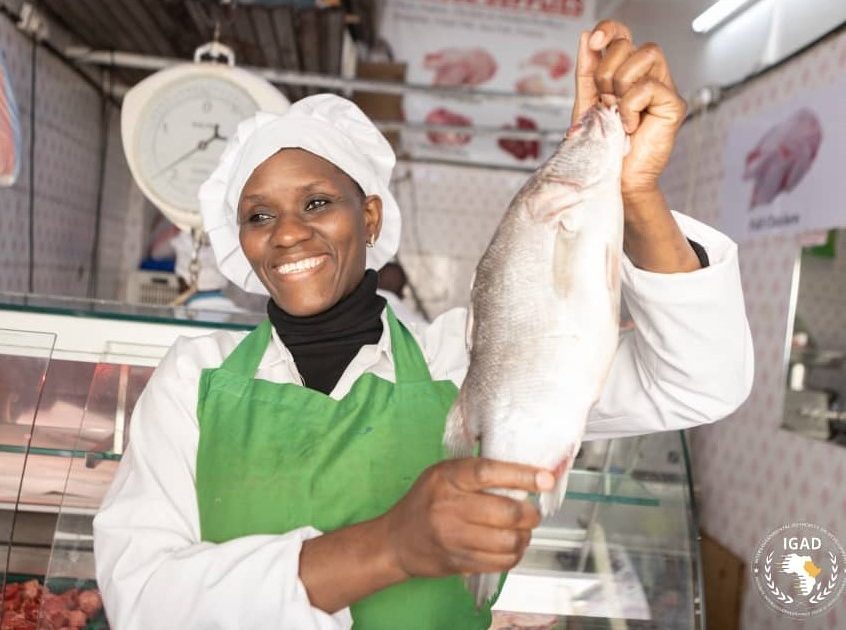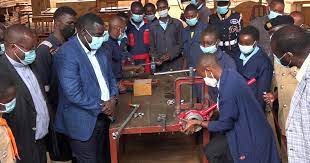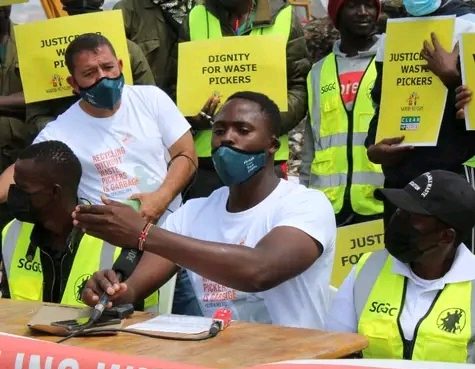Kenya will next week host a Knowledge Sharing Fair co-organized by the EU funded-Ecofish Programme, AU IBAR and IGAD on the Blue Economy, Small-Scale Fisheries and Aquatic Biodiversity Conservation.
The four-day workshop that will bring together around 200 participants from across Africa will see sharing of success stories, knowledge, experiences and best practices in sustainable and regenerative management of small scale fishing in Eastern Africa, Southern Africa and Indian Ocean Eco fish projects.
The Fair will also showcase some of the achievements of demonstration projects on sustainable small-scale fisheries within the communities that have changed the lives of some communities by enhancing their livelihood.
According to experts, the blue economy has a great potential to contribute to higher and faster GDP growth in Kenya and there is potential. However, realizing this potential requires effective management of the inland and marine fisheries.
To this end, the continent-wide interdisciplinary and multi-stakeholder workshop in Kenya aims at accelerating sharing experiences and knowledge.
The goal is to generate policy recommendations that will help accelerate progress towards Africa’s socio-economic and ecological aspirations outlined in the Africa Agenda 2063.
The workshop objective will be to promote an inclusive and sustainable industrialization of the small- scale fisheries sector that contributes to poverty reduction, food security, peace, prosperity, and security in the face of climate change, biodiversity loss, and inequalities.
According to the organizers, the ECOFISH programme will showcase its nine demonstration projects that have received grants to mainstream the principles of sustainable and integrated management of small-scale fisheries in local communities. These projects serve as a social laboratory for working and learning among peers and will be presented at the continental level.
Meanwhile, the AU-IBAR will share its knowledge and experience in the conservation of aquatic biodiversity, while IGAD will share its experience in implementing its Blue Economy project, which is financially supported by the Swedish International Development Cooperation Agency.
The inland and marine coastal fisheries resources of the Eastern Africa, Southern Africa and Indian Ocean region represent a natural wealth of about Sh7.47 trillion (Euro 50 billion)
ECOFISH strives to ensure the sustainable management of these assets by putting in place policies to handle them effectively, by protecting them and by promoting good fishing practices.
For Kenya, the workshop could not come at a better time considering that just two months ago in April, President William Ruto chaired a special Cabinet meeting in which he noted that government has taken a value chain approach to budgeting and committed a total of Sh267.7 Billion in nine value chains which will mainstream the Bottom-up transformation agenda and one of them was blue economy and fisheries value chain.
The ongoing debate about the Finance Bill 2023 that the President has been pushing for seeks to introduce excise duty on imported fish and imported furniture saying this would build blocks necessary to fully implement the transformative Bottom up Economic Transformation Agenda (BETA)
Launched in July 2019, the Ecofish Programme funded by the EU was adopted by the five Indian Ocean Commission (IOC) member states and three ESA countries (Kenya, Mozambique and the United Republic of Tanzania).
It is poised to effect a significant shift in the regional fisheries’ landscape by addressing the root causes and problems of overfishing and unsustainable fishing practices, as well as the degradation of fishery ecosystems.
By Wangari Ndirangu





